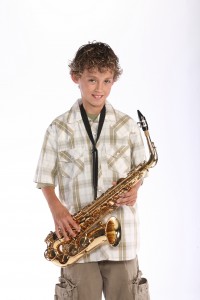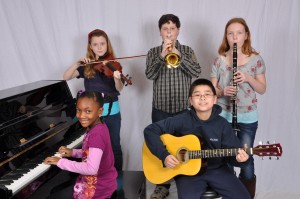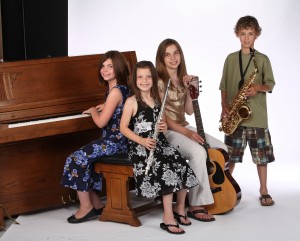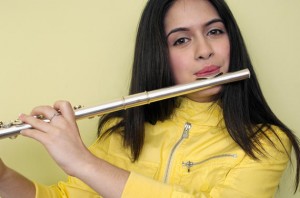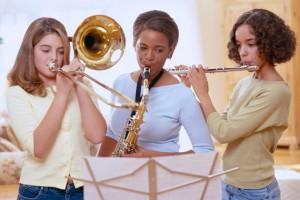Five Ways To Get The Most Out Of Your Music Lessons
1.Insist on Private Lessons When Learning a Specific Instrument or Voice
Group lessons work well for preschool music programs, choruses and theory lessons. However, when learning how to play an instrument or sing, private lessons are far superior. In a private lesson, your teacher can focus all of their efforts on you and this allows you to learn at your own pace. Additionally, your teacher does not have to instruct a class at a certain level, but has the time and focus to work on your strengths and weaknesses. This is also beneficial to your teacher because they don’t have to divide their attention between five or ten students at one time. With private music or voice lessons your teacher can help you be the best that you can be.
2. Help Your Child to Set Goals
Goal setting is one of the most important skills to develop in order to be successful in music (and life in general). To be effective, make your goals specific, measurable, and attainable. An example of setting a musical goal for yourself would be to play a particular scale at a certain speed or to have a certain number of pieces or songs memorized. Another goal might be to perform in a recital. Goals are always easier to achieve when you set a deadline for them. Try setting some goals of your own and watch your progress soar!
3. Make Practice Easier
As with anything else in life, improving in music takes practice. One of the main problems with music lessons can be the drudgery of practicing and the ensuing “fight” between parents and students to practice every day. Here are some ways to make practicing easier:
- Time. Set the same time aside every day to practice your instrument so that it becomes part of a routine or habit. This works particularly well for children. Generally speaking, the earlier in the day your practicing takes place, the fewer reminders are required by parents to get their child to practice.
- Repetition. We use this method quite often when setting practice schedules for beginners. For a young child, twenty (20) or thirty (30) minutes seems like an eternity. Instead of setting a time frame, we use repetition. For example, practice this piece four times every day, and this scale five times a day. A student no longer pays attention to the amount of time they are practicing their instrument, but they do become aware that if they are on repetition three, they are almost finished.
- Rewards. This works very well for both children and adult students. Some adults reward themselves with a cappuccino after a successful week of practicing. Parents can encourage children to practice by occasionally granting rewards for successful practicing. In our school, we reward young children for a successful week of practicing with stars and stickers on their work, but praise still tends to be the most coveted reward. There is no substitute for a job well done. We also must realize that we are all human and sometimes have a bad practice week. In this case there is always next week.
4. How Young is Too Young. Starting at the Right Age
Adults can start any instrument at any time. Their success is based on how willing they are committed to practicing. We teach many beginner students in their sixties and their seventies. For children, starting at the right age is a key element to their success. If a child is put into lessons too soon, they may feel overwhelmed and frustrated and want to stop lessons. The last thing that you want to do is to turn a child off to music because they had one unpleasant experience (which could have been prevented). Sometimes if the child waits a year to start lessons, frustrations may be avoided. The following are some guidelines we have found to be successful in determining how young a child can start taking music lessons.
- Bassoon – age 10
Cello – age 10
- Clarinet – age 8
- Drums – age 6
- Flute – age 7
- French Horn – age 10
- Guitar – age 7
- Oboe – age 10
- Piano – age 5
- Saxophone – age 8
- Trombone – age 9
- Trumpet – age 8
- Tuba – teenage and older
- Violin – age 5
- Voice – age 5
5. How Much Should I Be Reading the Notes?
This is a very interesting topic. There are several different approaches to the study of music. Some involve pure note reading and rhythms, while others utilize the ability of the ear. The bottom line is how well a student plays his or her instrument (or utilizes their voice to sing). This may be achieved by note reading, using the ear, or a mix of the two. If the teacher determines that the student is a visual learner, an approach based heavily on note and rhythm reading with some ear training mixed in would work well. If the teacher determines that the student is an aural (ear) learner, a program based heavily on ear playing tempered with some note and rhythm reading would be appropriate. The right frame of mind is crucial for optimal learning. Therefore, catering to your learning strengths will ensure that you get the most out of your music lessons.
6. Bonus – Have Fun! Music should be something that you enjoy for a lifetime. Try not to put unrealistic expectations on yourself or your children to learn too quickly. Everyone learns at a different pace. The key is to be able to enjoy the journey.
Music Lessons (click below for link)
- Bass Guitar Lessons
- Brass Lessons
- Drum Lessons
- Guitar Lessons
- In Home Lessons
- Keyboard Lessons
- Piano Lessons
- String Lessons
- Voice Lessons
- Woodwind Lessons
Are All Music Studios The Same?
Studio Comparison List (click here)
REGISTER NOW FOR MUSIC AND SINGING LESSONS!
Ardmore Location
692 Pont Reading Road
Ardmore, PA 19003
(next to John’s Sneakers)
610-658-5284
Springfield Location
353 Baltimore Pike (2nd floor)
Springfield, PA 19064
(next to Chuck E. Cheese)
610-658-5284
In Home Music and Voice Lessons
These Main Line, Delaware County and Montgomery County
music and singing lessons are given in the
convenience of your own home.
610-658-5284
 |
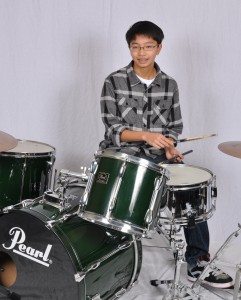 |
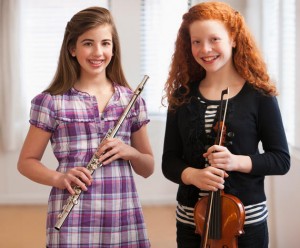
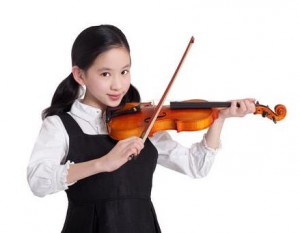
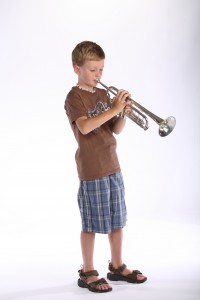
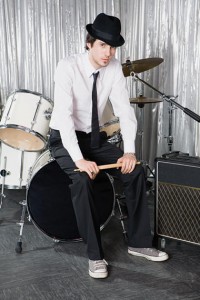 Cello – age 10
Cello – age 10